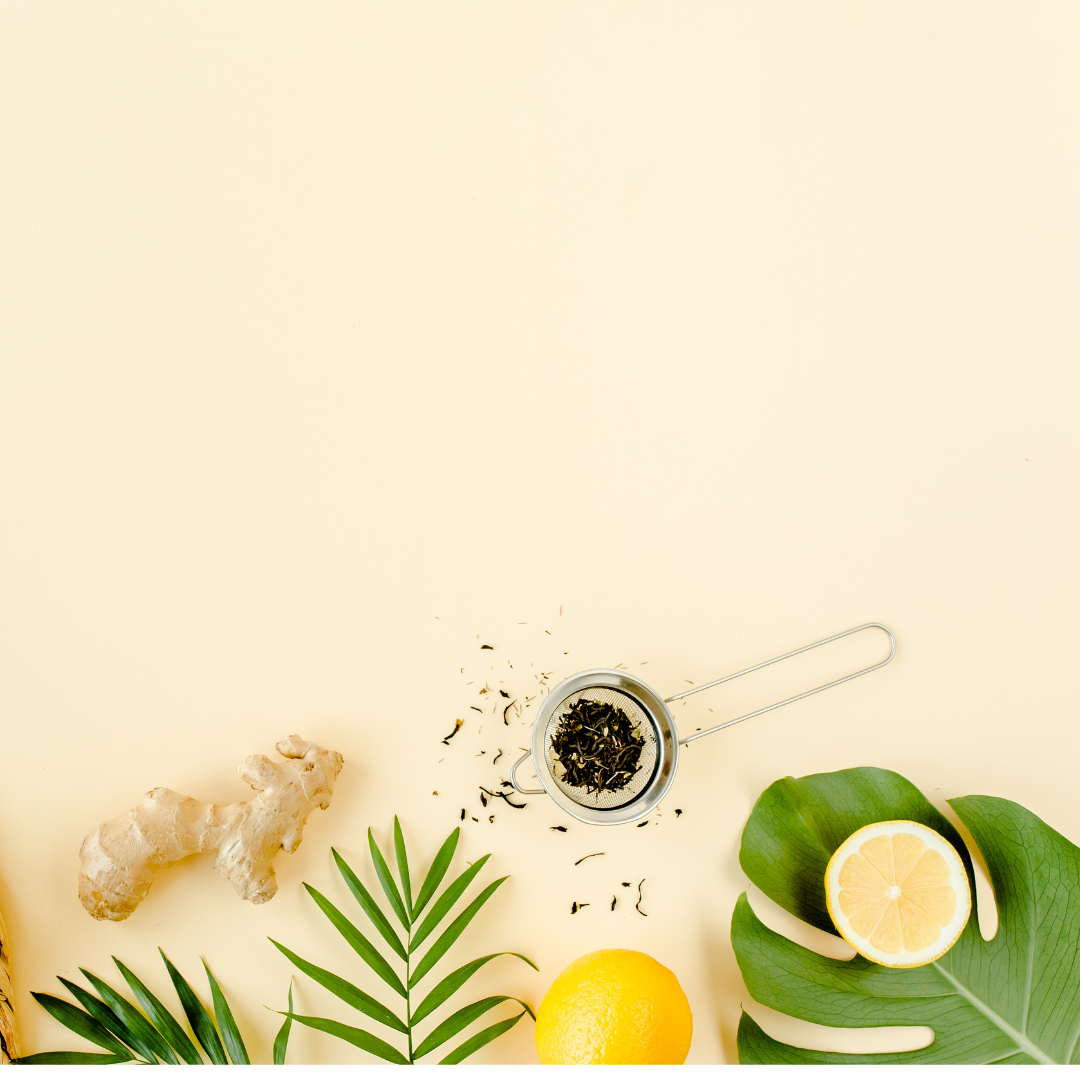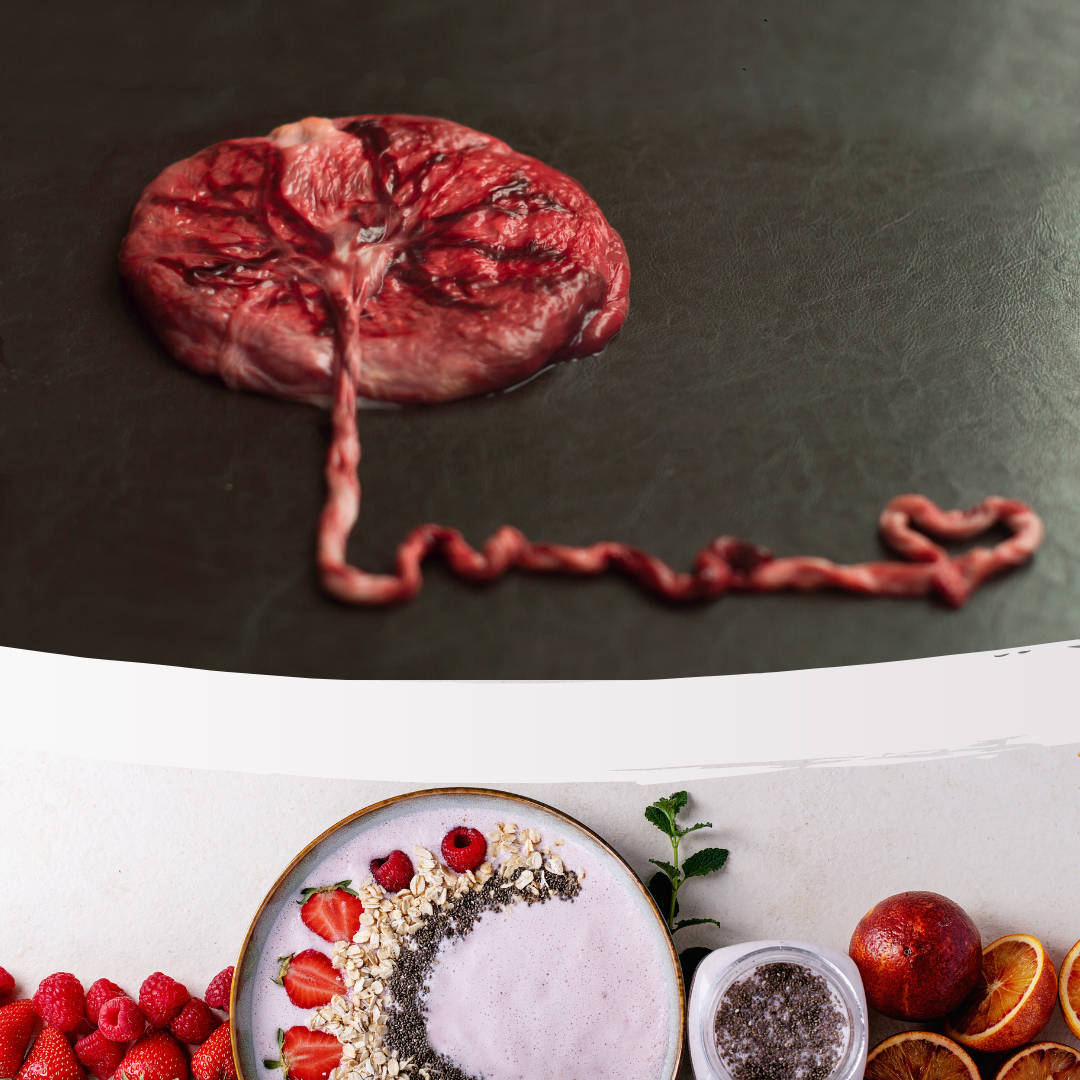
A natural way to support the fourth trimester
Placenta Encapsulation
The Traditional Chinese Medicine (TCM) method of placenta encapsulation involves gently steaming your placenta with warming herbs, dehydrating at 160° F, pulverizing and encapsulating in gelatin or vegetarian capsules. The size of your placenta will determine the capsule yield, averaging between 80 - 150 capsules.
$350
Raw Prep
Fresh, raw placenta is considered the most potent and natural method of placenta medicine. This in home service cleans and portions your placenta.
Many choose to consume a portion immediately postpartum and then freeze the remainder. This service is recommended if you have having a home birth as the risk of contamination is less.
$50-100*
*Price dependant on travel from 02748
Placenta Tinctures
A portion of your raw placenta will be steeped in high quality concentrated alcohol for 6 weeks to create an 8oz high potency placenta extract. With proper storage, tinctures have an indefinite shelf.
Because only a small portion is used, tinctures can also be processed if you are choosing to encapsulate!
$100
FREE CORD KEEPSAKE INCLUDED WITH EVERY SERVICE!
Complete the form below to reserve your due date
FAQ
+ Will I have to handle my placenta? How is it stored?
‣ Nope! You will not be required to handle your placenta unless you want to! Most hospitals have a procedure for securing and storing your placenta during your stay. You will also be provided with a cooler and supplies for safely storing and transporting your placenta. I will pick up your placenta shortly after you give birth.
‣ If planning a homebirth, you can request that your placenta be processed in the comfort of your own home. We will discuss proper storage and logistics during your initial consultation.
+ What is in the capsules and tinctures?
‣ All capsules and tinctures contain only your placenta!
‣ During the beginning stages of placenta encapsulation, the placenta is steamed with ginger, lemon and cayenne or jalapeno pepper. The ginger, lemon, and pepper are discarded after steaming and are not a part of the dehydration process.
‣ Gelatin or vegetarian capsules are used for encapsulation.
‣ You may request that specific herbs be added to your capsules or tincture. We will discuss your specific needs during a consult and work with a local herablist to find the best fit for you.
+ How much do I take?
‣ You will be provided with individualized recomendations for consumption.
‣ Typically, capsules and raw placenta are consumed within 6 weeks postpartum. With proper storage capsules can be saved for use when your period returns or during menopause.
‣ Tinctures are high potency and require only a small dose. Instructions will be provided.
+ How long does it take to process my placenta?
‣ Placenta encapsulation requires 24-72 hours to process depending on size (larger placentas typically take longer to dehydrate completely) and any extra processing requested.
‣ Placenta tinctures are typically ready within 6 weeks.
‣ Raw consumption processing takes about 1 - 2 hours depending on the size of your placenta and how you wish the placenta to be portioned.
+ Placentophagy resources:
‣ Presence and concentration of 17 hormones in human placenta processed for encapsulation and consumption: https://placentaremediesnetwork.org/wp-content/uploads/2012/09/UNLV-Presence-and-concentration-of-17-hormones-in-human-placenta.pdf
‣ Effects of Human Maternal Placentophagy on Maternal Postpartum Iron Status: A Randomized, Double-Blind, Placebo-Controlled Pilot Study: https://pubmed.ncbi.nlm.nih.gov/27809380/
‣ Human placenta processed for encapsulation contains modest concentrations of 14 trace minerals and elements: https://pubmed.ncbi.nlm.nih.gov/27440542/
‣ Understanding Placentophagy: https://pubmed.ncbi.nlm.nih.gov/30496722/




